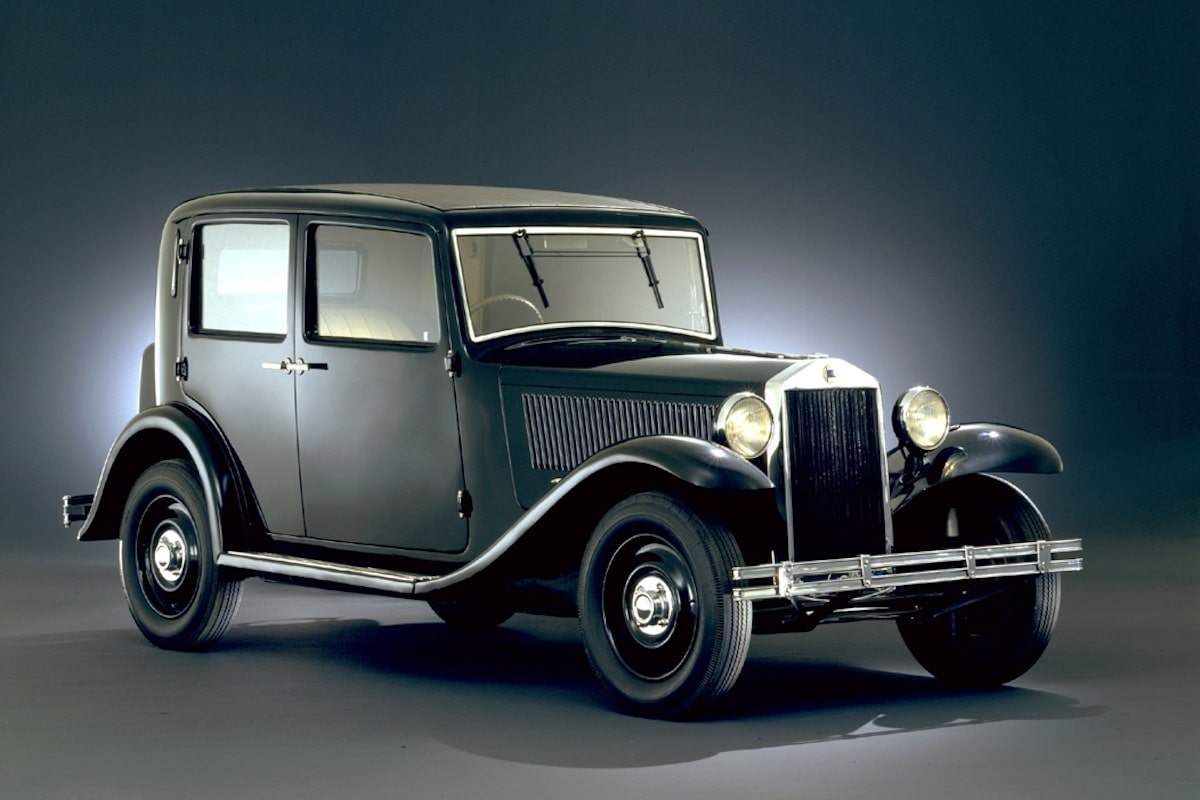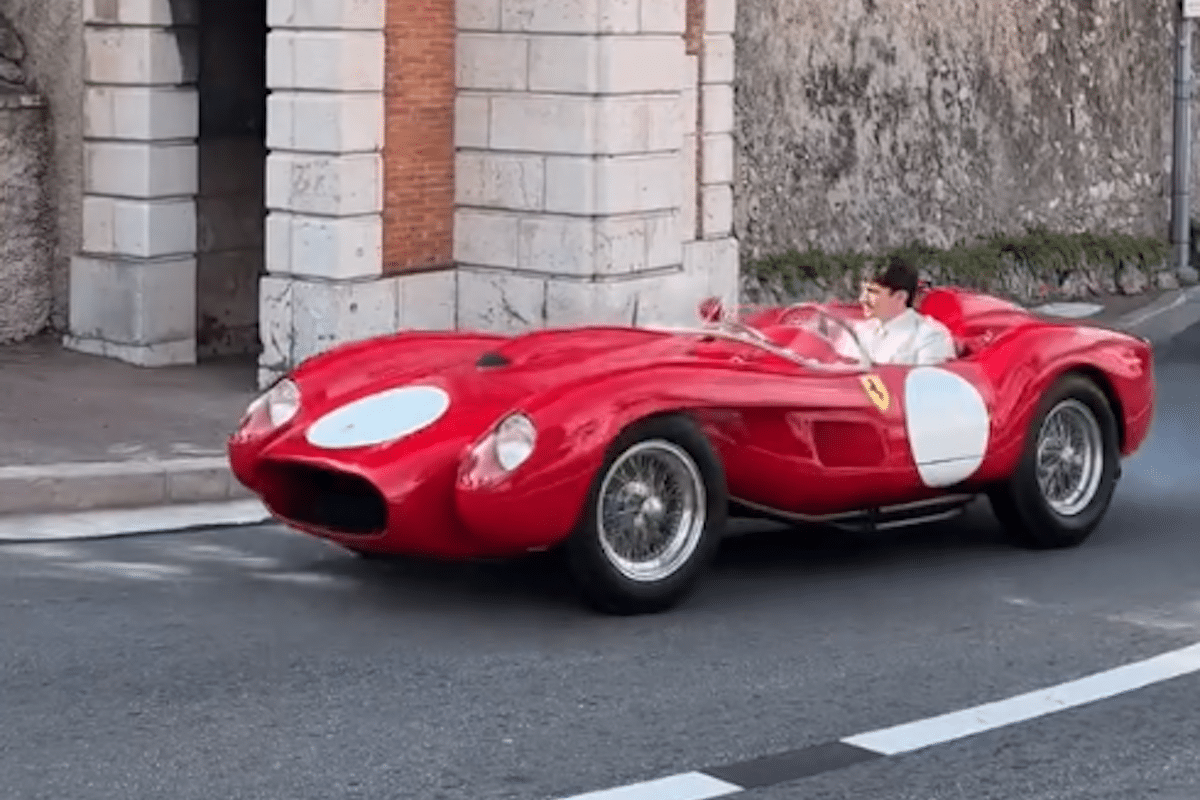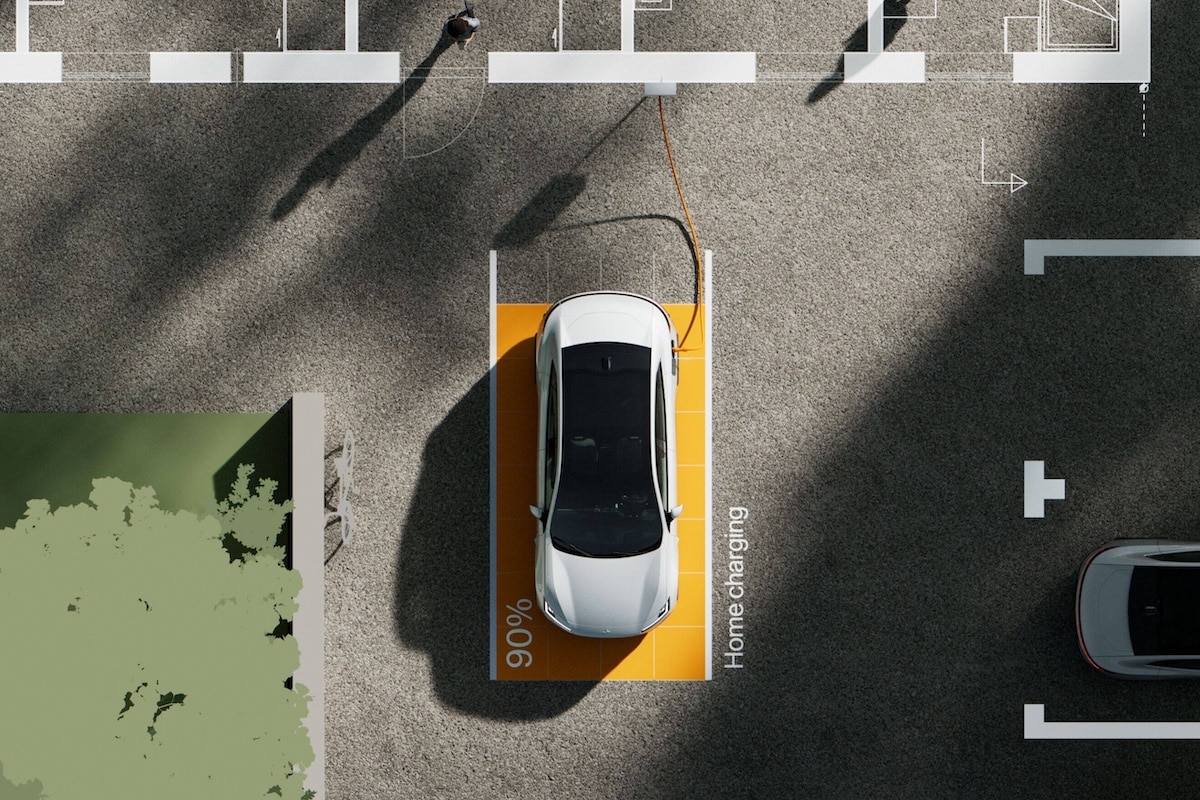93 Years Ago, Lancia Unveiled the Revolutionary Augusta

On October 5, 1932, Lancia unveiled at the Paris Motor Show a model that would inspire generations of automobiles.
This Lancia remains a symbol of Italian technical daring to this day. At the time, the brand sought to combine performance, elegance, and innovation, and the Augusta perfectly embodied this ambition. With its self-supporting body and a 1.2-liter V-4 engine, it offered an advanced design that foreshadowed many future innovations in the automotive industry.
The Augusta aimed to be lightweight, maneuverable, and high-performing. The self-supporting body reduced weight and improved road handling, while the V-engine provided power and compactness. For the engineering standards of that era, these features were revolutionary, demonstrating Lancia’s ability to push technical boundaries.
Too much, way too soon
However, this forward-thinking also limited it. The Augusta was too ambitious for the 1930s market: its high price made it inaccessible to a broad customer base, and its bold design bewildered consumers accustomed to more traditional cars. Sales struggled to take off, and despite its technical qualities, the Augusta remained a niche model—too extreme for its time.
Today, in 2025, the Augusta is celebrated as a milestone in automotive innovation, an example of visionary engineering that, although commercially fragile, paved the way for decades of progress. It reminds us that automotive history is often made up of models ahead of their time: fascinating on paper but sometimes misunderstood by the market.
You might be interestedin this article:
The Augusta remains an icon for enthusiasts and collectors, a testament to Italian brands’ ability to combine technical daring and elegance—even when commercial success takes time.
ALSO READ: 112 years ago, Rudolf Diesel mysteriously disappears
This page is translated from the original post "Il y a 93 ans, Lancia présentait la révolutionnaire Augusta" in French.
We also suggestthese articles:
Also read




